If you’ve been in the Linux ecosystem for long enough, you’ll have experienced the drastic evolution that Canonical, the company behind Ubuntu, has gone through over the years. From humble beginnings in 2006 to rising to the most popular Linux desktop and cloud distribution in the world, it is safe to say that Ubuntu has had a major hand in the direction Linux has taken in the modern era.
One aspect that Canonical hasn’t shied away from is exploring different solutions to problems they’ve faced. Many people like to explain this away as “not invented here syndrome”, but it really is a lot deeper than that. And even though seminal projects like Upstart, Unity, and Mir have been discontinued, pivoted, or handed off to the community, their existence has helped push Linux forward in so many ways.
However, in recent years Canonical has definitely begun focusing much more of their attention on areas that bring in profit–they are a company, after all. Consequently, it can be seen that not nearly as much focus is put on the Linux desktop compared to Ubuntu’s early years, which skyrocketed it in popularity via crafting the first distribution that was easy enough for non-technically inclined people to install and setup–a move that brought many more people to the Linux desktop than ever before.
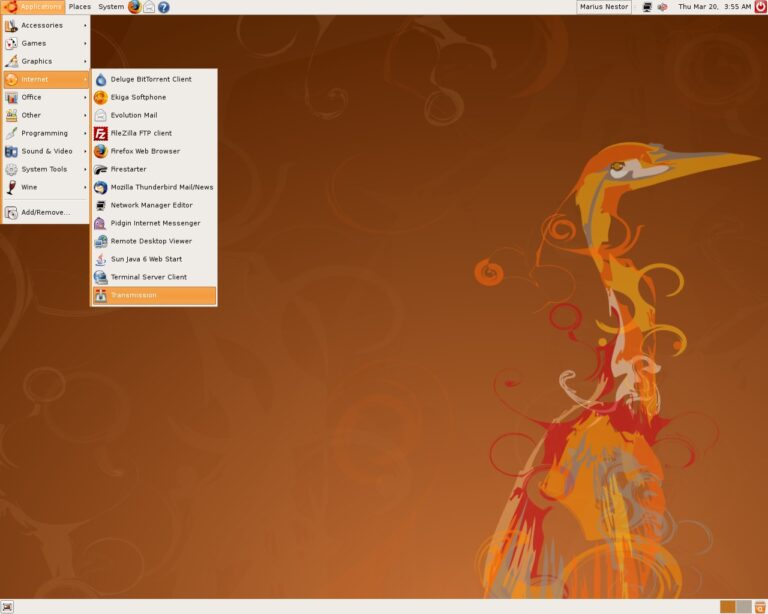
The popularity of Ubuntu on the desktop also contributed to its massive adoption in containerization and cloud computing all around the world. In fact, if you see a tutorial for installing a piece of software on Linux, most of the time it will be a tutorial for Ubuntu (and many times only for Ubuntu). The distribution has certainly become the face of Linux for those who know or care little about the underlying operating system.
Moreover, Ubuntu’s innovation in desktop Linux and popularity has caused it to become one of the most popular distributions to use as a base or launching point for other distributions to build on top of. In fact, a multitude of beginner-friendly and extremely popular distributions have risen by being built on top of Ubuntu including Linux Mint, elementary OS, Zorin OS, Pop!_OS, KDE neon, Nitrux, Linux Lite, Peppermint OS, along with the vibrant official “flavours” like Kubuntu, Ubuntu MATE, Xubuntu, Ubuntu Budgie, and Lubuntu. In addition, in the past year, several Ubuntu “Remix” projects have risen up like Ubuntu Cinnamon Remix, UbuntuDDE Remix, and Ubuntu Unity Remix.
A problem that Canonical has faced throughout the years where it focused heavily on the desktop Linux experience is that of community backlash against the company’s vision for Ubuntu. Because the company is so tightly entwined with the community, Canonical receives an astonishing amount of criticism compared to other Linux companies like Red Hat and SUSE, whose desktop offerings, Fedora and openSUSE respectively, are not official products of the company, but are considered community-run. So, when something goes wrong on Fedora, nobody screams at Red Hat. For Ubuntu, Canonical doesn’t get that same separation.
In addition, the popularity and dominance that Ubuntu has over desktop Linux makes it the largest target for disgruntled Linux users. Many people don’t wish to see Linux become a commodity operating system that is usable by anyone and everyone and attempt to gatekeep those who choose to use Ubuntu by belittling their choice, and therefore, their skill, ideas, and even their character. This has been one of the major reasons that many people (and even companies) steer clear of desktop Linux as a whole–the small, but vocal minority can be extremely toxic and unwelcoming. And, more often than not, that toxicity is pointed toward Canonical or Ubuntu.
So, it’s pretty easy to see why Canonical hasn’t put the same amount of effort into the Ubuntu desktop as of late–would you want to put in enormous effort to something where no matter what choice you make it will result in a constant barrage of bashing by the community? Nope, and Mark Shuttleworth, the Founder and CEO of Canonical, doesn’t either. Instead the company has shifted to more profitable and less toxic communities like cloud computing and containerization. This has lead to the slight erosion between community, once the heart and soul of Ubuntu, and company.
Add in some major successes with enterprise-focused products and projects like Juju, Snapcraft, MAAS, LXD, Landscape, and OpenStack as well as major partners in the tech enterprise space like Microsoft and Google and it begins to make even more sense for Canonical to focus on those relationships and products where they won’t get the community blow-back they do from developing for the desktop and trying to build projects and tools specifically for the desktop. Sometimes it feels like the hand that feeds has been bitten too many times.
However, in a recent post by “bkerensa2” on the Ubuntu Discourse forums titled “The Future of Ubuntu Community” seems to have struck a nerve with many Canonical employees, Ubuntu contributors, and especially Shuttleworth himself. The post talks about the deteriorating relationship between Canonical and the community–especially with the fizzling out of the Ubuntu Community Council, a once helpful liaison between Canonical and the vast community that surrounds Ubuntu.
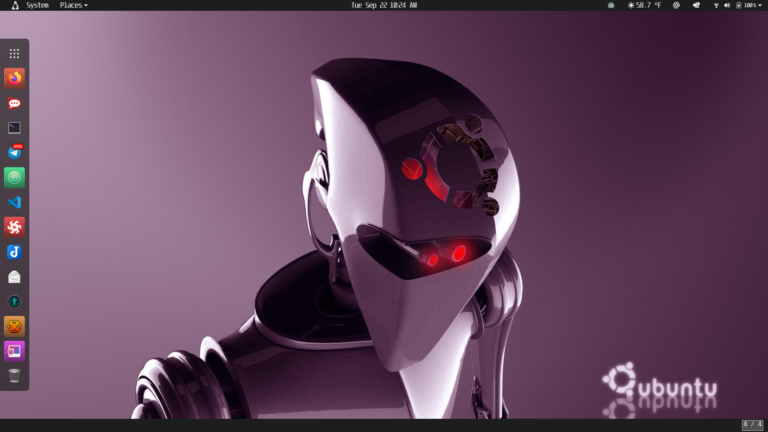
In response to the well-written post that exposed some serious concerns from those who used to be heavily invested in the community, Mark Shuttleworth wrote a lengthy post:
“I’m not absent. In fact, for the past few years I have set aside all other interests and concerns to help Ubuntu get into a position of long-term sustainability. That has been an amazingly difficult job, but I set my mind to it precisely because I care that Ubuntu as a community has a backbone which is durable. So I am in fact more present than ever, and just as concerned with out community’s interest, and just as appreciative of the great work that many people continue to lead under the banner of Ubuntu in all its forms.
I am rather frustrated at my own team, because I have long allocated headcount for a community lead at Canonical, a post which has not been filled.
It’s necessary to have a dedicated lead for this, not so much because the community needs leadership, but because its self-motivated leaders need support. Think of the role more as community secretary than community advocate, helping to get the complicated pieces lined up to empower others to be great. The project has continued to grow in complexity and capability, there are more people than ever working on it, more people than ever making demands on it, so getting things done requires patience and coordination. Helping motivated community leaders to be effective in driving their work forward is important to me.“
Shuttleworth went on to talk about the deterioration of the Ubuntu Community Council, where he watched members become detached, skip meetings, and stop organizing meetings. He posits that it was likely the nature of the work–settling disputes within the community. Today, there are well-defined guidelines on how to contribute to Canonical’s projects as well as the code-of-conduct, of which Shuttleworth has said that disputes and issues within the community are few and far between.
Therefore, the Ubuntu Community Council would need a different direction and structure if it were to be reinstated, and make no mistake, Shuttleworth would love to bring back the Ubuntu Community Council if it could be “professionalized” and “perform real, satisfying work that requires dedication and judgement, but also generates reward for those who put in the effort“.
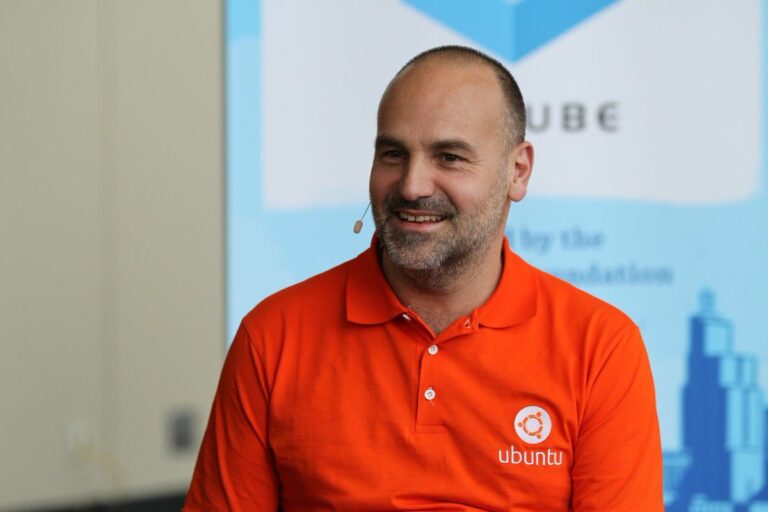
In his final statement, Shuttleworth leaves the discussion up to the Ubuntu Community to bring forth ideas on a new structure for the Ubuntu Community Council:
“By all means, continue this thread, I think its interesting to see what others might come up with in terms of how we improve community representation and coordination. I don’t thing the dispute-resolution function is sufficient to attract high quality people with dedication and focus to the work, so the question is, what will?“
And that should be that, right? Well, not really. Over the weekend following his response, Shuttleworth decided to move right away to reinstate the Ubuntu Community Council once again:
“Having considered it over the weekend, with @wxl’s offer to help run the process, let’s go ahead and call for nominations to the CC. If folks could direct those nominations to @wxl during the rest of September, I will review and put forward the shortlist as usual in the second week of October, and that means we could have a new CC in place by the middle of October.
Which would be great.
Thanks for reminding me @wxl that it’s worth having the group in place even if it isn’t particularly active, it’s a good opportunity for those who do want to drive things forward to do so. There are is a great deal of work being done, and it would be nice for people to have the CC in place to support that.
Apologies again for having dropped the ball.“
So, it looks like the Ubuntu Community council will be reinstated after all! If you are an Ubuntu contributor or community member, or know of someone who would be an excellent fit on the Community Council, make sure to nominate before the end of September.

I’m happy that the community has brought this to attention and that Mark is moving forward to reconcile the areas that are of concern to those in the Ubuntu community. I hope that they are able to transform the Community Council into something more than dispute-resolution–an echo of the community’s voice and ideas to bring the efforts of Canonical and the Ubuntu community closer together than ever before.
If you would like to read the original post that sparked this conversation on the Ubuntu Discourse, you can find it here. If you would like to read Shuttleworth’s full response, you can find that here. If you would like to read the final decision to reinstate the Ubuntu Community Council along with information on nomination for the Community Council, you can find that here.

This article is an excerpt from Issue 24 of Linux++
You can read the full issue by going here.





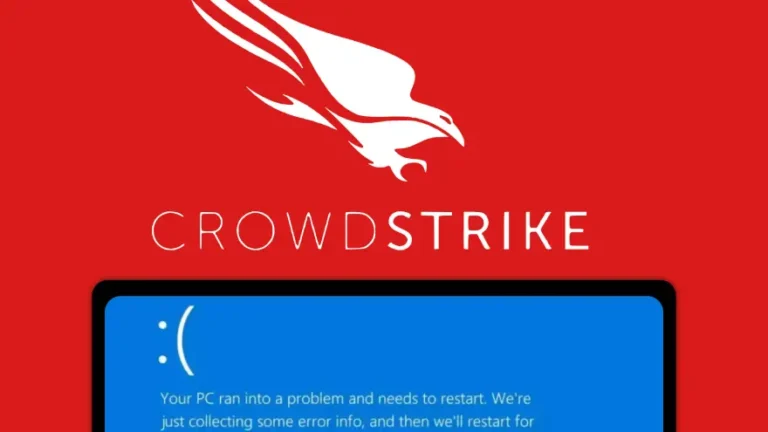
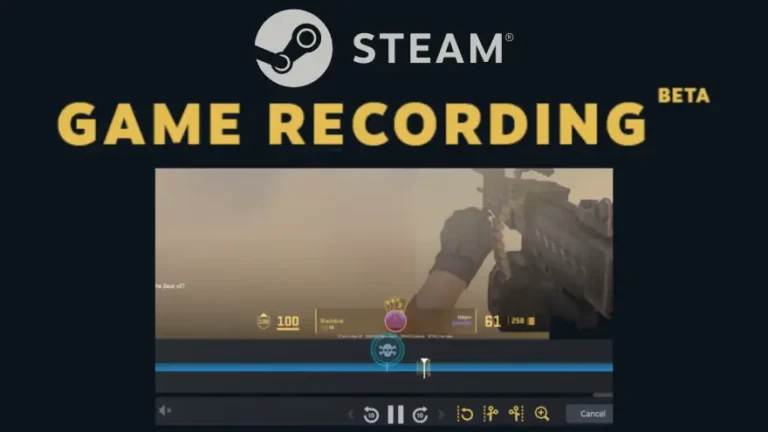
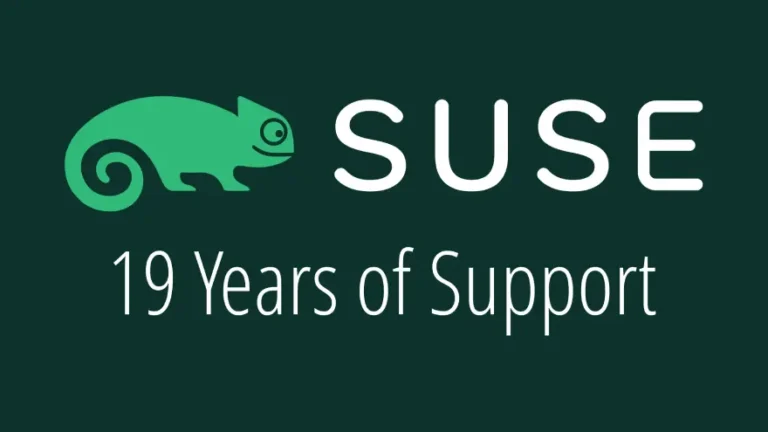
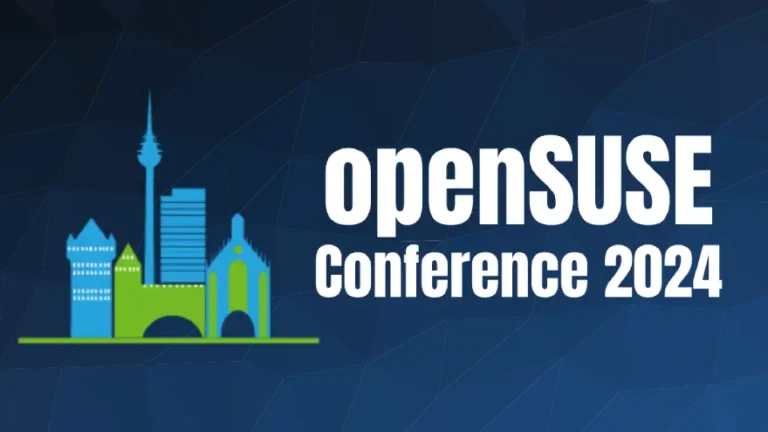
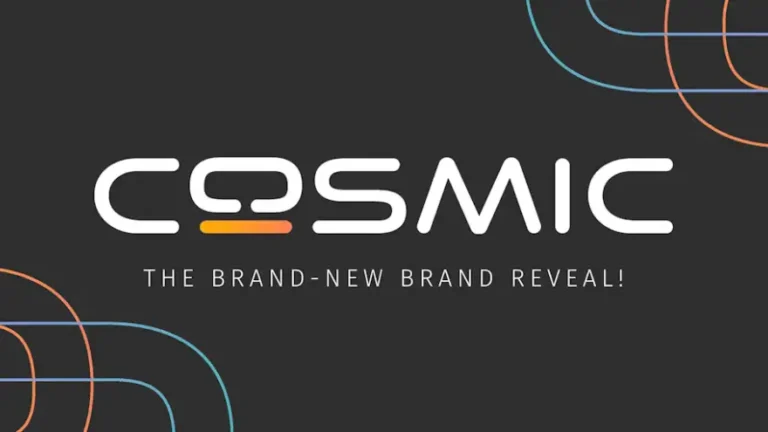
Be the first to comment at forum.tuxdigital.com